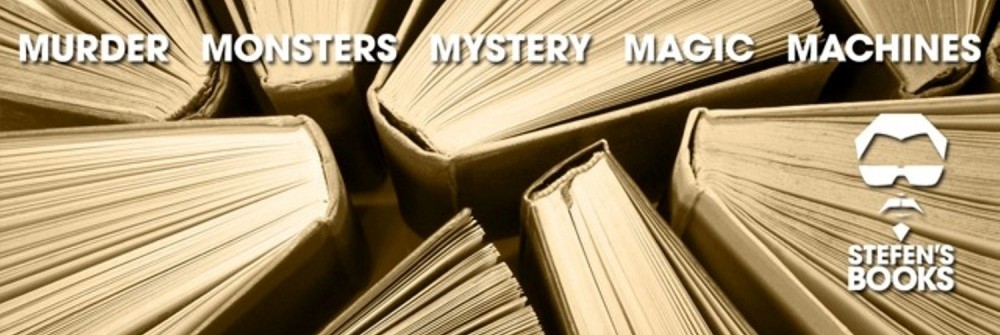Swastika Night
by Murray Constantine

Using science fiction to engage with social and political ideas is as old as the genre itself, and many of the examples of this have found a place in mainstream and literary culture. Two of these, George Orwell’s Nineteen Eighty-Four and Aldous Huxley’s Brave New World are favourites of mine. Both of these books drew inspiration from a book written in Russia in 1927, by Yevgeny Zamyatin called We. Recently I encountered a book that sits between Zamyatin and Orwell and it’s called Swastika Night.
It was published in 1937, twelve years before Owell’s Nineteen Eighty-Four and two years before the Nazi invasion of Poland. Despite this, feminist and anti-fascist Katharine Burdekin, writing under the name Murray Constantine paints what turns out to be a very accurate picture of Nazi policy in action. The twist is that the book is set in a future where the Nazis and their Axis allies won the war for world domination and achieved the ‘Thousand Year Reich’ of their rhetoric.
It’s a ‘what if the Nazi’s won’ book written before most people really understood what they were. Taking place centuries after the Nazi victory it portrays a totalitarian world with a cult of personality built around the state and a demigod Aryan Hitler. History has been rewritten or erased and the worst excesses of National Socialist Party philosophy are cultural norms. Alfred, the protagonist of the book has this revealed to him when he reads a book that pre-dates the war. His own investigations and movements towards resistance and rebellion form the body of the story. Those who have read Orwell will find a lot that is familiar in the book, since Alfred’s journey is similar to that of Winston Smith in many ways, though the end is different. There is a also a tremendous insight into the fundamentalist world view and how outrageous ideas can become acceptable by gradual normalisation. Another noteworthy aspect of the book is that it also addresses the role of women in this totalitarian future, which is confronting and unfortunately not altogether unfamiliar. The form that their rebellion takes, if it is rebellion is one of the many things that makes this such a fascinating book.
In short the book is the result of someone really listening to extremist views and extrapolating their inevitable practical results. It was a cautionary tale about the rise of Nazism, but the lessons it teaches could be applied to others today making it just as relevant now as when it was written.
